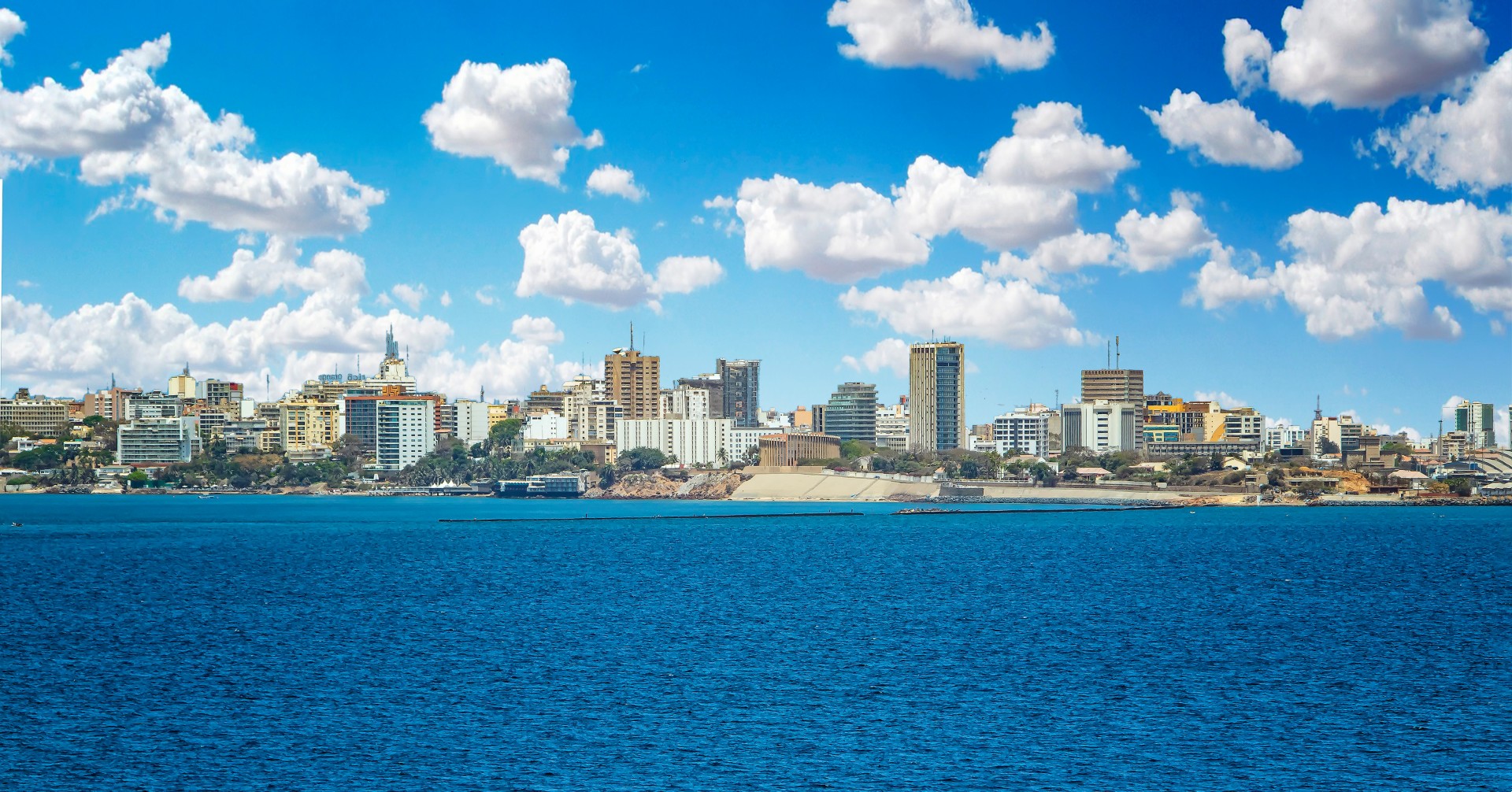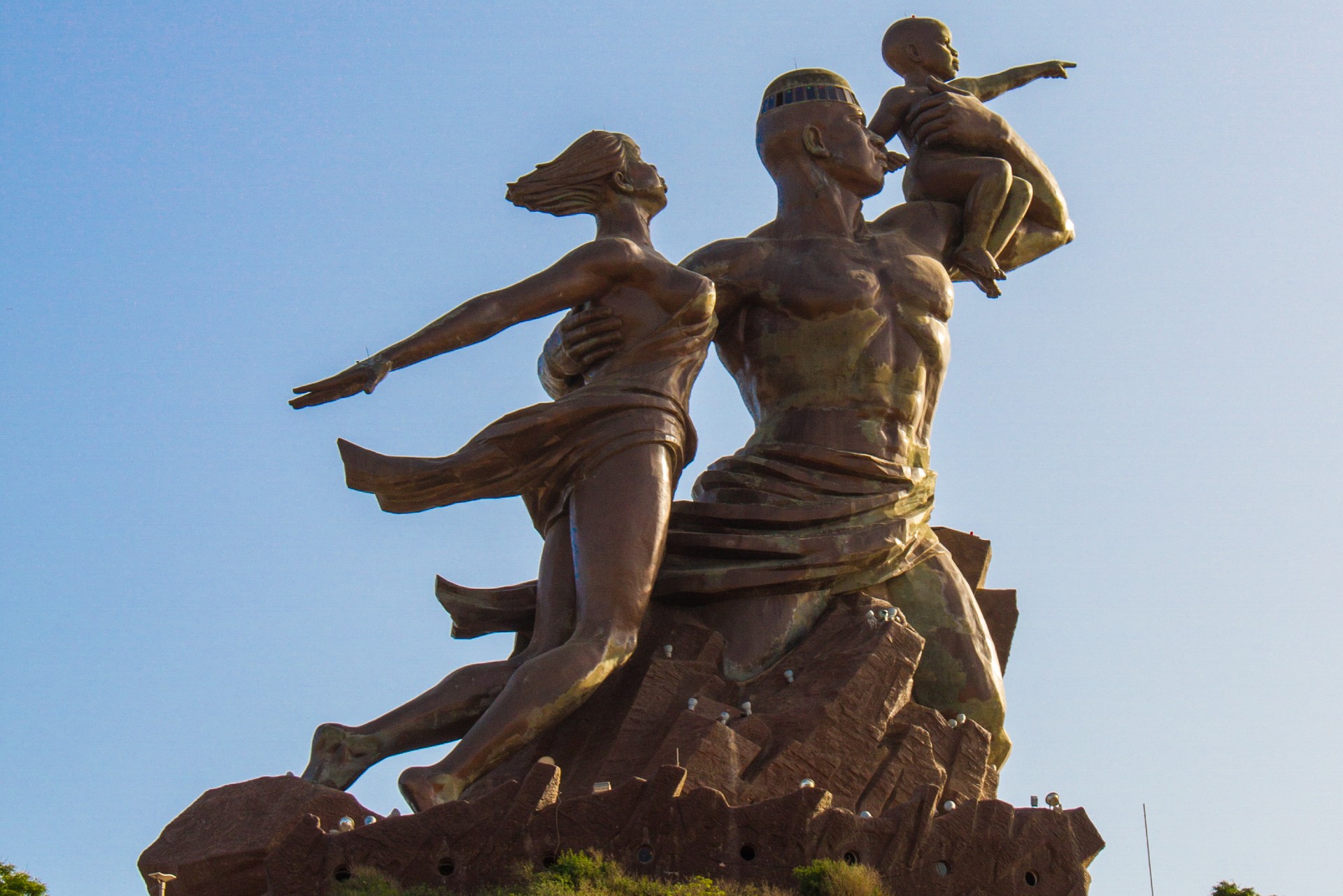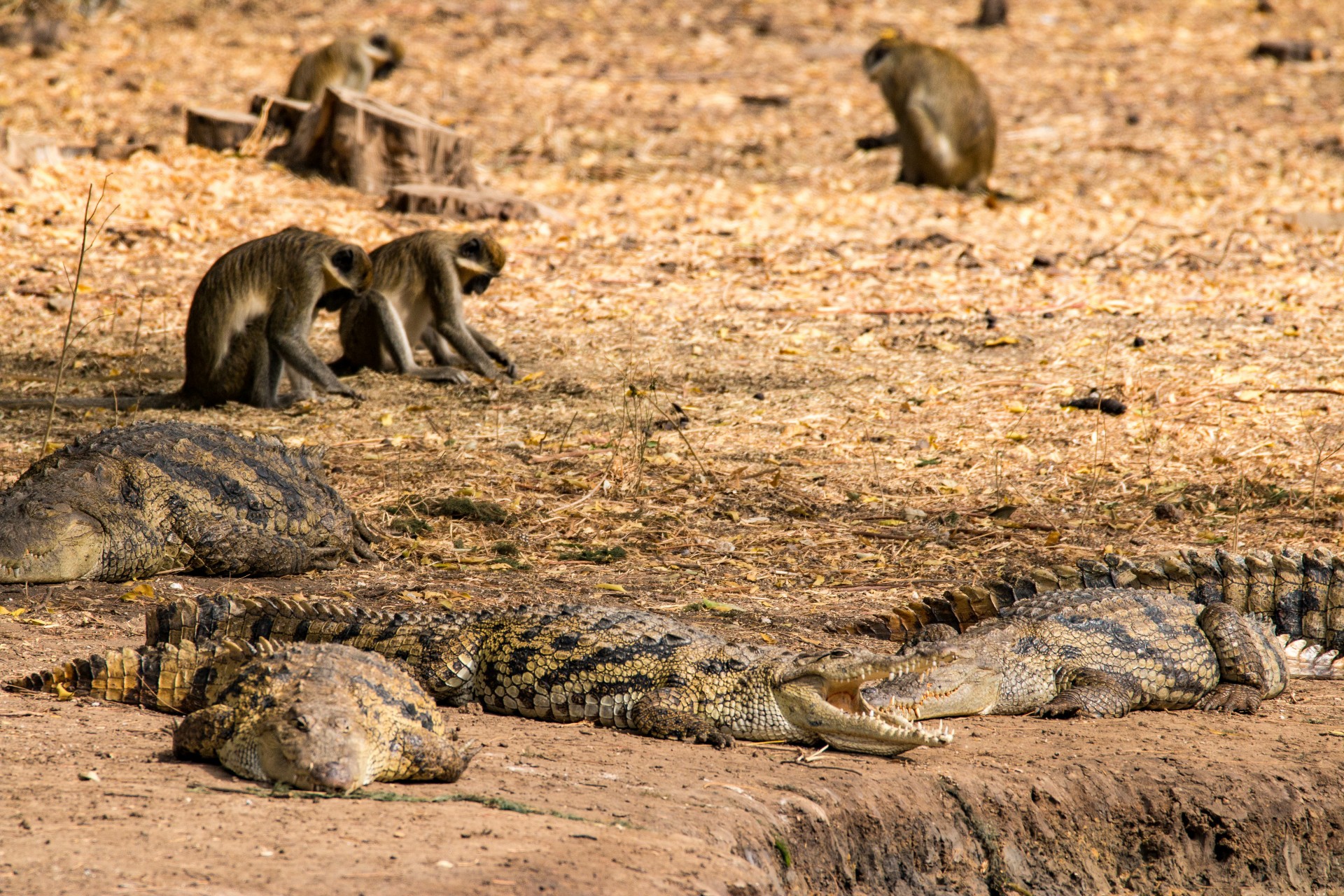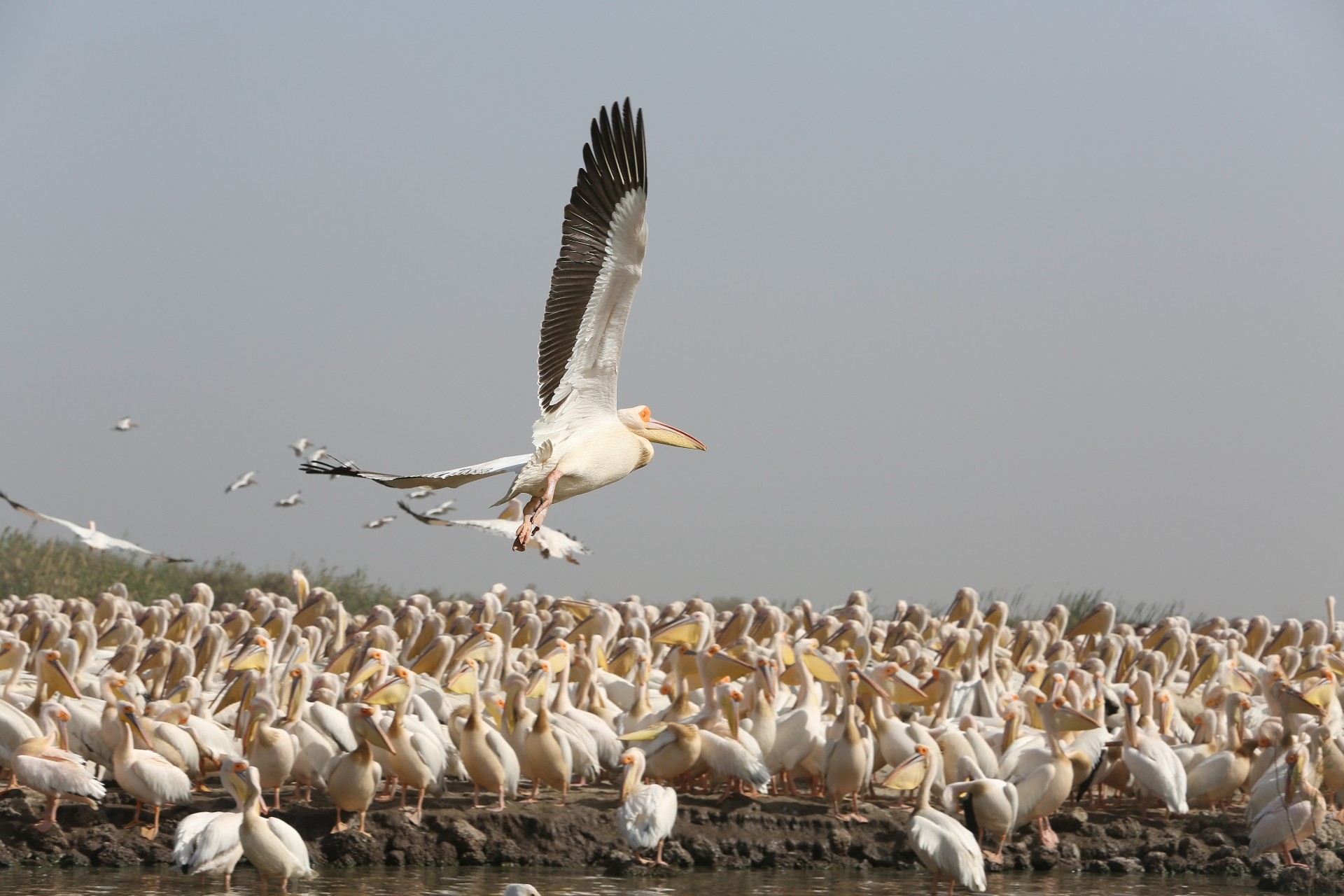Senegal
- Capital City:Dakar
- Language: English, French
- Currency: West African CFA franc
- Best Time To Travel: November to May
- Country Dialing Code: +221
- Population: 17.2 million
About Senegal
- Clothing: Women should avoid short skirts and shirts, and men should not wear shorts. Just as a warning, Muslim Senegalese might also be offended by public drunkenness and public displays of affection, so keep it to a minimum.
- Cuisine: Chicken, lamb, peas, eggs and beef are also used in Senegalese cooking, but not pork, due to the nation's largely Muslim population. In the semi-arid interior, peanuts and millet are the primary crop, as well as couscous, white rice, sweet potatoes, lentils, black-eyed peas and various vegetables.
- Culture: Most of the Senegalese population practices Islam, and about 6% still practice indigenous religions. Senegal has long been considered a cultural mecca of the African continent. Senegalese artisans are famous for their gold, silver, and bronze jewelry, as well as use of antique and amber beads.
A 164 feet tall bronze statue and taller than the Statue of Liberty in the United States. It stands upright against the West African skyline. It represents Africa's release from many types of confinement in the pitiless depths of ignorance, bigotry, and racism.
Senegal's ecological crown jewel is the Bandia wildlife sanctuary. It has been successful in returning much of the beautiful natural vegetation as well as some of the most cherished wildlife in Africa.
The 16,000 hectare Djoudj Sanctuary in the Senegal River delta is a huge seasonal wetland comprising lakes, ponds, and bayous encircled by streams and backwaters. One and a half million migratory birds including white pelicans, purple herons, African spoonbills, great egrets, and cormorants.






